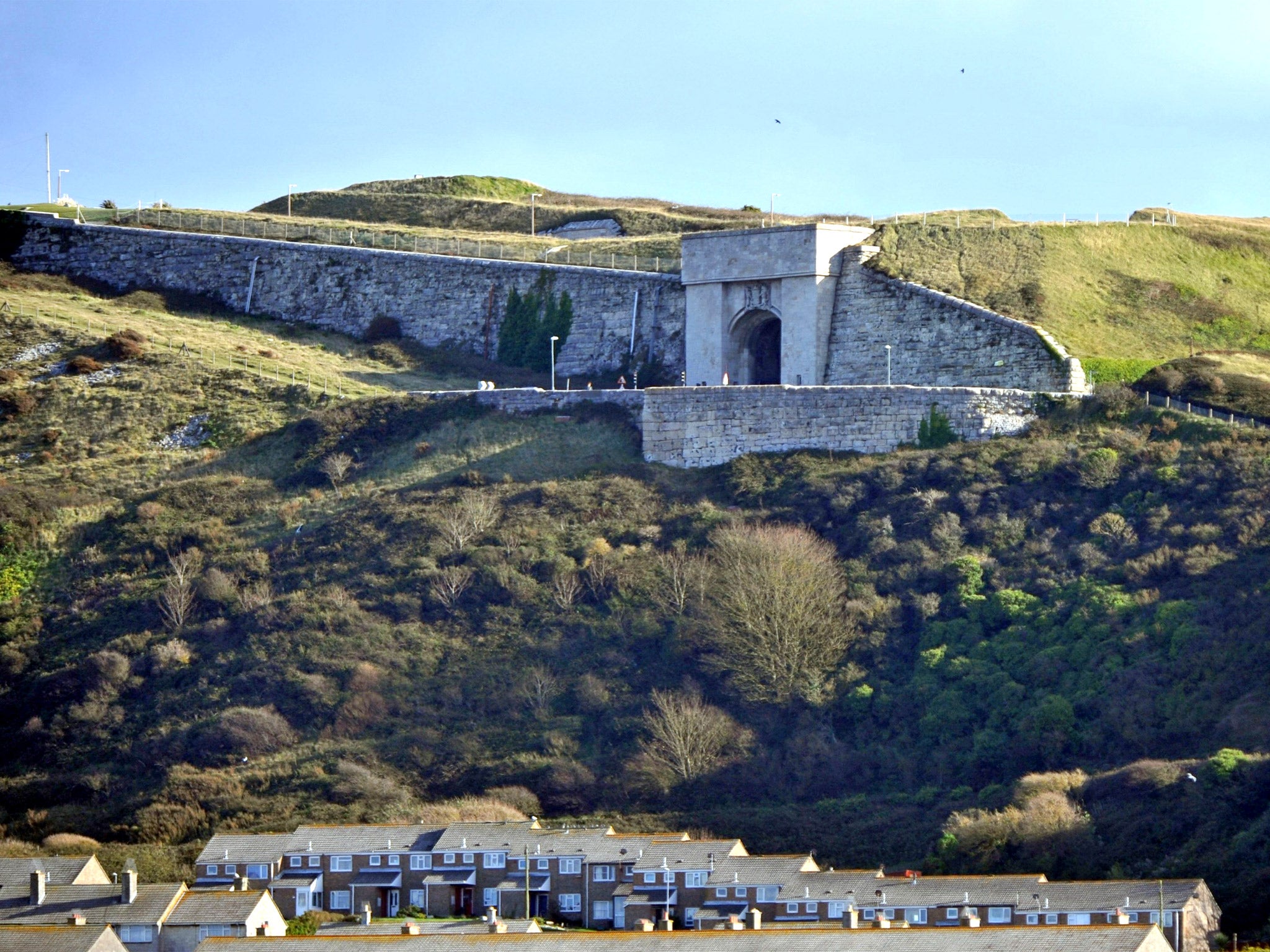Exclusive: ‘Stateless’ asylum seeker found dead in his prison cell
Immigrants’ rights group describes man’s detention at HMP The Verne, as ‘inappropriate’

Your support helps us to tell the story
From reproductive rights to climate change to Big Tech, The Independent is on the ground when the story is developing. Whether it's investigating the financials of Elon Musk's pro-Trump PAC or producing our latest documentary, 'The A Word', which shines a light on the American women fighting for reproductive rights, we know how important it is to parse out the facts from the messaging.
At such a critical moment in US history, we need reporters on the ground. Your donation allows us to keep sending journalists to speak to both sides of the story.
The Independent is trusted by Americans across the entire political spectrum. And unlike many other quality news outlets, we choose not to lock Americans out of our reporting and analysis with paywalls. We believe quality journalism should be available to everyone, paid for by those who can afford it.
Your support makes all the difference.A young asylum seeker has been found dead at a Victorian jail which is still being run as a prison despite only housing people seeking refuge in Britain, The Independent has learnt.
Bruno Dos Santos, who was in his 20s and has a child in the UK, was discovered in his cell at around 7.30am this morning at HMP The Verne, which is on the Isle of Portland in Dorset and dates back to the 1840s.
The prison has been used solely by the Home Office to house asylum seekers since March, but plans to convert it into an immigration removal centre have been put on hold until the autumn - meaning that it is run as a jail and detainees are kept under harsher conditions than normal. Their access to legal advice to advance their cases is also reduced.
It is understood that Mr Dos Santos had been detained for a long time as he was regarded as “stateless” and could not be sent back to his country of origin.
Sources said the prison authorities “strongly” believed that he died of natural causes, but Dorset Police would only say his death had been “sudden” and that the matter had now been referred to the coroner.
A spokeswoman for the force said: “At 8.13am Dorset Police received a report that a sudden death had occurred at HMP The Verne on Portland. Officers attended together with the ambulance service where sadly a man in his 20s was found to have died at the scene. The death is not being treated as suspicious.”
Campaigners warned that prisons are not suitable places to house vulnerable asylum seekers. They said that while those housed in immigration removal centres are given freedom to move around and speak to others, those in prisons spend more time locked up in their cells. Imprisoned detainees are also only able to speak on landlines for short periods instead of being allowed mobile phones, they added, with family visits also more limited.
Pierre Makhlouf, assistant director at the charity Bail for Immigration Detainees, said: “Placing immigration detainees under prison conditions such as at HMP The Verne is inappropriate and against international guidelines. Yet the Government detains immigration detainees in about 80 prisons around the UK.
“The prison regime makes it difficult to contact the outside world, to access legal advice and representation or to communicate with their family and friends. These communication difficulties also make it harder for detainees to contact the Home Office in order to progress their immigration case. Such isolation and the denigration detainees feel at being incarcerated for prolonged periods simply because they are foreign nationals leads to desperation.”
In September last year the Government announced that The Verne was to be converted into an immigration removal centre housing up to 580 detainees, with all ordinary prisoners being relocated. But in March, with building work already underway and shortly before the first detainees were due to arrive, it backtracked and said it would remain a prison with the same officers in charge.
The jail was last inspected in October 2012, when it still housed convicted prisoners. In its report, HM Chief Inspector of Prisons said there was “no independent immigration advice available” to inmates despite its high foreign prisoner population. “Prisoners from black and minority ethnic communities and Muslim prisoners were more negative about the prison than the rest of the population,” it added.
A spokesperson for the Prison Service said: “Bruno Dos Santos was found unresponsive by staff at HMP The Verne at approximately 7.30am on Wednesday June 4. As with all deaths in custody, the Independent Prisons and Probation Ombudsman will conduct an investigation.”
The Verne Prison opened in 1949 on the site of a former military barracks known as the Verne Citadel, which was first constructed in 1847. It is surrounded by cliffs and a moat and is only accessible by tunnel or bridge.
Join our commenting forum
Join thought-provoking conversations, follow other Independent readers and see their replies
Comments